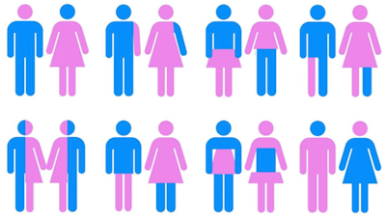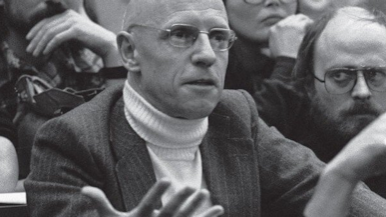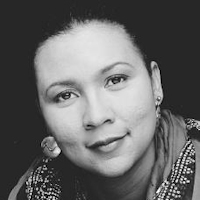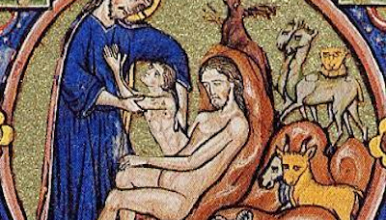Contemporary discourses around sexual identity depend on a couple of elements for their intelligibility. When we speak of homo-, bi-, and heterosexuals, our understandings tend to fall into categories of who a person feels affective attraction for and/or engages in sexual acts with.
Read More
Archives for reflections
Michel Foucault & Sexualities
Michel Foucault is the commonly acknowledged forerunner in the conversation around discourses of sexuality. In his History of Sexuality Vol. 1 (originally published in French in 1984), Foucault takes to task the "repressive hypothesis."
Read More
bell hooks on heterosexuality
Foucault was not alone in being troubled by current paradigms around sexual orientation. In a brief aside in her book Feminism from Margins to Center, author, feminist, and social activist bell hooks also critiques the current paradigm, but from a different angle.
Read More
David Halperin & Sexualities
Halperin suggests that modern discourses of homosexuality are clouded and destabilized because they are built (consciously or not) on earlier categories.
Read More
Eucharistic Reflections: Denys the Areopagite, Bonaventure, Hadewijch, and Meister Eckhart
In the final chapter of The Darkness of God: Negativity in Christian Mysticism, Denys Turner asserts that our contemporary ideas of what constitutes "mysticism" have tended to focus on a kind of experientialism that would seem very foreign to the historical authors we classify as mystical theologians. Rather, beginning with observations offered by Andrew Louth on the mystical theology of Denys the Areopagite, Turner suggests that what the modern reader has collapsed to an experience of the presence of God is actually a phenomenon deeply rooted in worship, liturgical practice, sacrament, and private prayer.[1] Rather than ends unto themselves, these
Read More
The Origin of Gender in Eriugena’s Periphyseon
In his presentation titled The Sleep of Adam, the Making of Eve: Sin and Creation in Eriugena,[*] Donald Duclow explores the gendering of humanity as related in John Scottus Eriugena's Periphyseon, with particular attention to some Eriugenian innovations on the theme. In many ways Periphyseon draws on previous works including those of Gregory of Nyssa[1] and Maximus Confessor. Yet John embellishes these previous accounts in ways that are both novel and uniquely his own. What follows is a brief exploration of several key points in Duclow's presentation, followed by a couple of reflections regarding distinctive moments in Eriugena's work.
Read More






